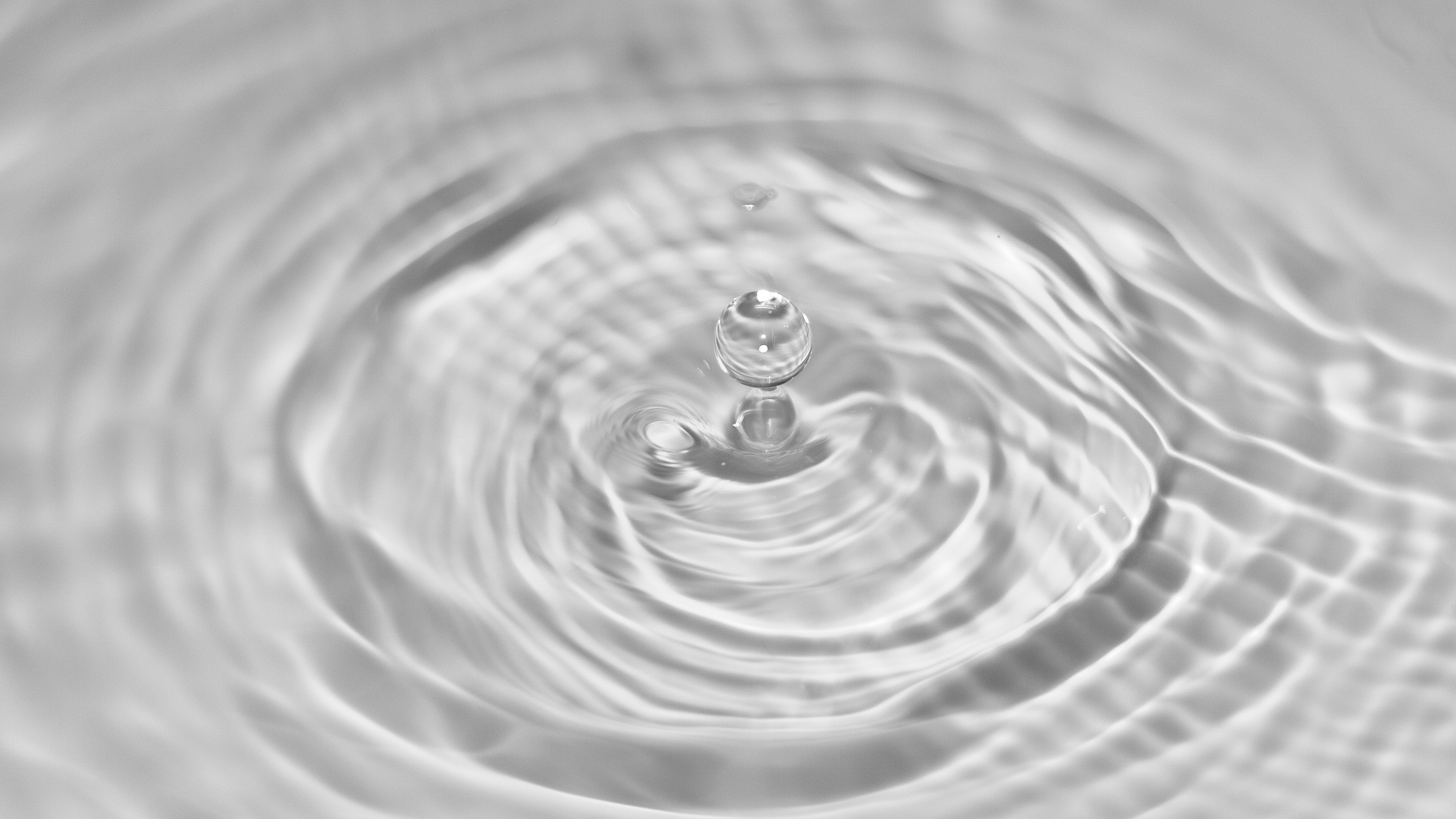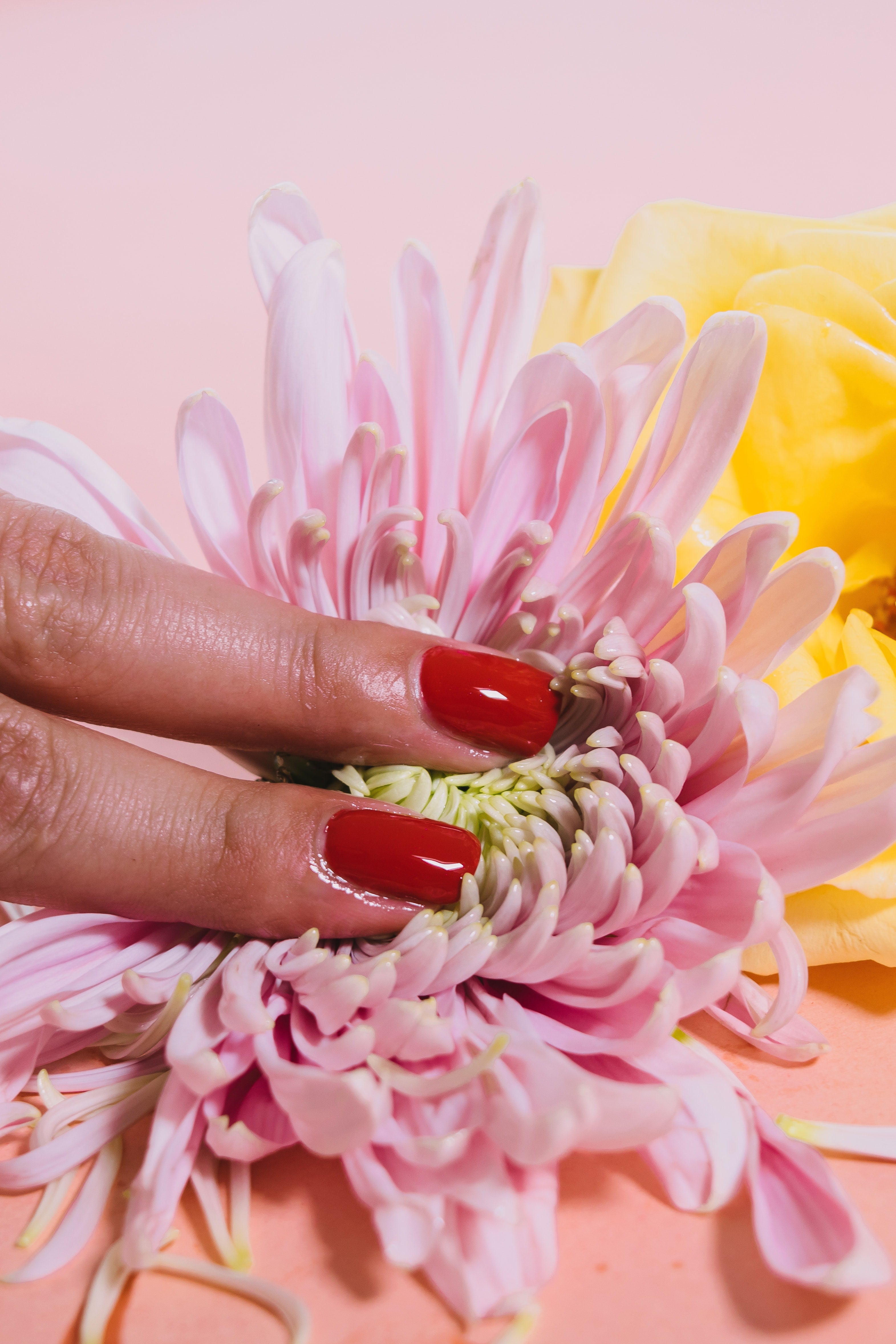
What is The Moisture Barrier? An Interview with Jennifer Mills, Holistic Esthetician
There’s no denying that the skincare, beauty, and wellness industries have exploded since the advent of social media, a boom made possible by the visibility that these platforms allow for emerging products and brands as well as the way these sites allow for the discovery and dissemination of information, about our products and bodies alike.
As skin science junkies ourselves, the latter especially is something we love to see. After all, knowledge is power, right? We also recognize, however, that sometimes the buzzwords we see thrown around online are just that. Words, lacking any context that makes a piece of information truly empowering.
It’s in this spirit that we reached out to our friend Jennifer Mills, a master esthetician and founder of the New Orleans-based Ritual Body Studio (@ritualbodystudio), to help us go in-depth on a buzzy industry term that we believe is essential to understanding skin health: the moisture barrier. Jenn works with clients to achieve clinical results through holistic, integrative treatments, and helping them maintain a healthy moisture barrier is essential to this process. Keep reading to learn what this expert has to say about keeping it intact, plus a look at her career and fave skincare advice.
Tell us a little bit about your background! How did you get started in the industry?
Hmmm. Well, my first job ever was Smoothie King. I worked for the corporate store in high school. It was, in my opinion, the beginning of what we call “wellness” today. Supplements, smoothies, protein powder, diets, workout obsessions. It was more rugged and less boutique back then. We all drank shitty protein, wore torn band t-shirts, and were deadlifting- we were NOT cool back then. Ha! But I would say that is where my obsession with health, wellness, and skin all started. I saw physical changes in my skin, mind, and body. I immersed myself in any and all literature I could. I think it kept me grounded amid my 13 years of bartending, the opposite lifestyle to say the least. I would work and drink all night then wake up and grind at NOAC. Everyone thought I was crazy, but it kept me sane, and eventually I would find my way back to health and out of the service industry completely. I bought myself my first facial and the experience was so unique to me. We talked about science and then I drifted into the deepest relaxation. After that one facial I thought, “Shit, I think this is what I am meant to do now.” I moved to Denver, got my first degree from Aveda, and have been geeking out ever since.
What fascinates you about skin science?
The reality is that your skin has this evolutionary purpose, as first and foremost, to be a boundary between organism and its environment. Your skin is a chemical and a mechanical protection barrier that is constantly interacting with its environment. But! The skin is so dynamic that science is teaching us about its endless potential and functions. Psycho-social function is particularly of interest to me as a Psych nerd. The skin can present with dermatological conditions like acne or eczema due to depression, obsessive-compulsive disorders, anxiety etc. Depression can actually modulate your perception of itch!
What’s the best skincare advice you’ve ever received?
My own. Oil Cleanse, wear Zinc, meditate, and have good sex.
In your words, what is the moisture barrier? What is its function and why is it so important?
Your skin barrier is your Stratum Corneum, the top layer of your skin. The skin barrier consists of the microbiome, acid mantle, and moisture (lipid) barrier. Keeping your microbiome and pH optimal and balanced is key to keeping the chemical and mechanical functions of your acid mantle viable. It’s naturally acidic, around 4.5-5.5, but female skin, younger skin, and black skin have an even lower pH when compared to older skin, male skin, and white skin. The microbiome, a diverse living bacteria on our skin, keeps pathogens at bay, while the moisture barrier is a beautiful lipid scaffolding, and the acid mantle prevents transepidermal water loss (TEWL), it holds water in.
What can damage it?
Usual suspects like smoking (all smoking) and micro pollution, but also traditional cleansers (which act like detergents), over-exfoliating, over-using actives, and traditional toners. Over-prescribed topical steroids and antibiotics are big culprits and what I commonly see with my clients.
What are best practices for maintaining its health, when it's damaged and if it’s healthy to ensure homeostasis?
In terms of skin health, OIL CLEANSE. Oil is far less likely to alter your delicate pH or strip your skin of its essential natural lipids. Oils are able to decongest without making the skin excessively alkaline, i.e. sensitized or dry. I like to cleanse with filtered water too. A chlorine filter shower head and faucet will relieve excessive inflammation and sensitivity associated with acne, eczema, dermatitis, and painful scalp conditions. While skin is damp, moisturize with an appropriate oil blend for your skin, 2-4 drops. These are essential fatty acids, ceramides, and cholesterol. Use zinc oxide only to protect from harmful UVA/UVB rays-it's also naturally anti-inflammatory. This is just the essential, you could throw in a very well formulated, clean, Vitamin C to take skin health a step further.
If your skin is damaged, make sure to do these steps and avoid actives or exfoliation of any kind for a few weeks until you have repaired the skin. Skin should never feel tight, dry, itchy, or painful.
The Gut-Skin Axis is real. A high-end, well-formulated, histamine-friendly probiotic, prebiotic fiber, digestive enzymes, and nutrient-dense foods will create a thriving environment where the skin can flourish and function.
I end with a victorious, “Skin is In!”



